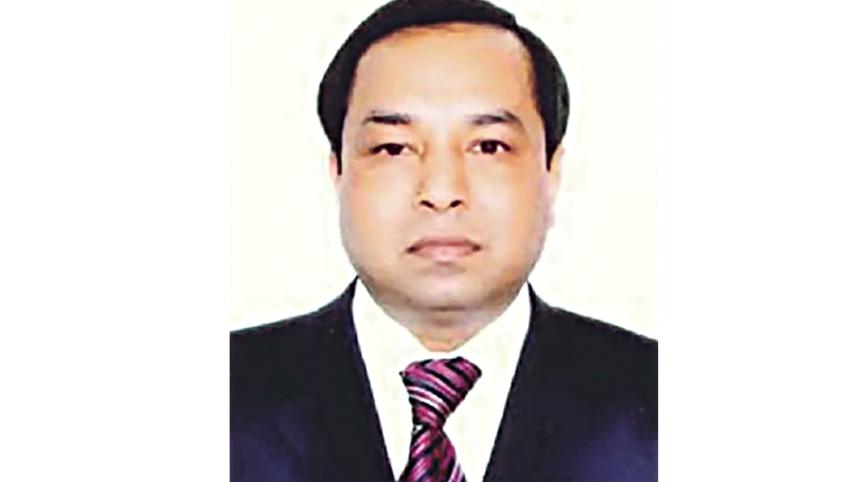There are many kings and emperors of swindle up and about

Money laundering continues to be one of the core issues plaguing Bangladesh. There have been several reports on money laundering in recent times, which confirms that Bangladesh is one of the top 30 countries in terms of illicit financial flows. According to Global Financial Index, more than 61 billion dollars were siphoned out of Bangladesh between 2005 and 2014 which amounts to 25 percent of our 2016-17 GDP.
An ACC probe has revealed another case of huge sums of money siphoned out of the country by an individual who has most single-mindedly set himself about to cheat the country of a large amount of depositors' money. This he did over a period of time, taking loans from as many as four non-banking financial institutions. And that raises a lot of questions.
We ask where the checks and supervisions were when loans were given to PK Halder against companies that did not exist at all. Isn't there something fishy here? Where are the collaterals against the loans? The said Sultan of Swindle, as this paper has so aptly described him, has transferred all his ill-gotten wealth to Canada and has happily settled there. And there is very little possibility of repatriating either him or the money ever. And there are more such "sultans' in the country.
Regrettably, despite the seriousness of the issue, all we have heard are repetitive homilies and commitments to stem the plague, which have not been converted into effective actions. In a more recent report, GFI revealed that USD 5.9 billion was siphoned out of Bangladesh through trade misinvoicing in 2015 which reconfirms the fact that illegal money transfers are mostly related to trade ventures. But that has also been helped by the unholy collusion between some bankers and traders. And thousands of dollars are transferred illegally by many foreigners working in Bangladesh.
The issue reflects most of all on the supervisory mechanisms, capacity and due diligence of the central bank. Although the Bangladesh Bank has been able to foil a few laundering attempts, many more are escaping the net through newer innovative means. We believe that all the relevant factors must be addressed, including transparency in all monetary transactions and loans, strict oversight by the Bangladesh Bank over recruiting agencies and, most importantly political commitment, if the illegal outflow of our money is to be checked.



 For all latest news, follow The Daily Star's Google News channel.
For all latest news, follow The Daily Star's Google News channel.
Comments